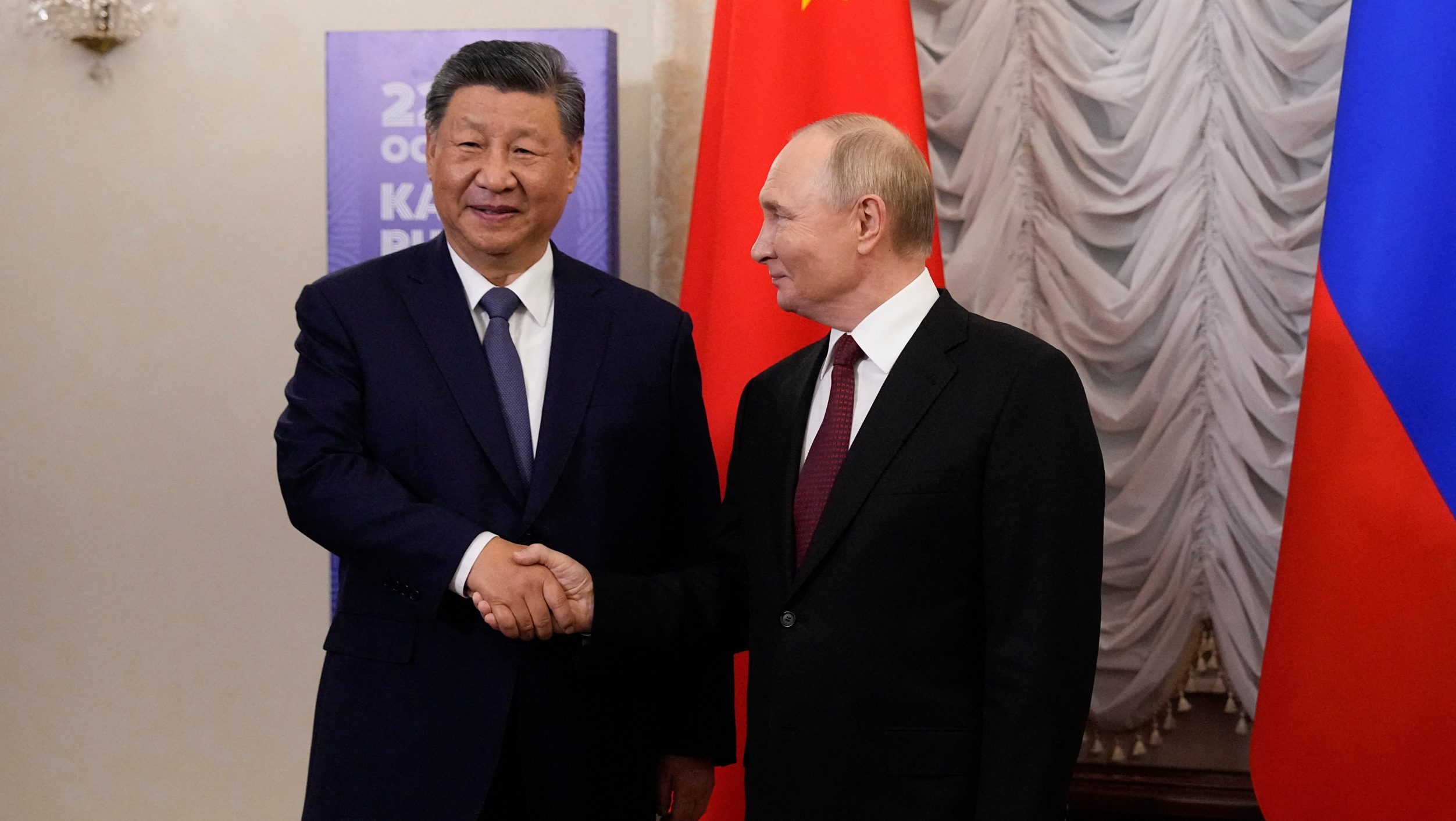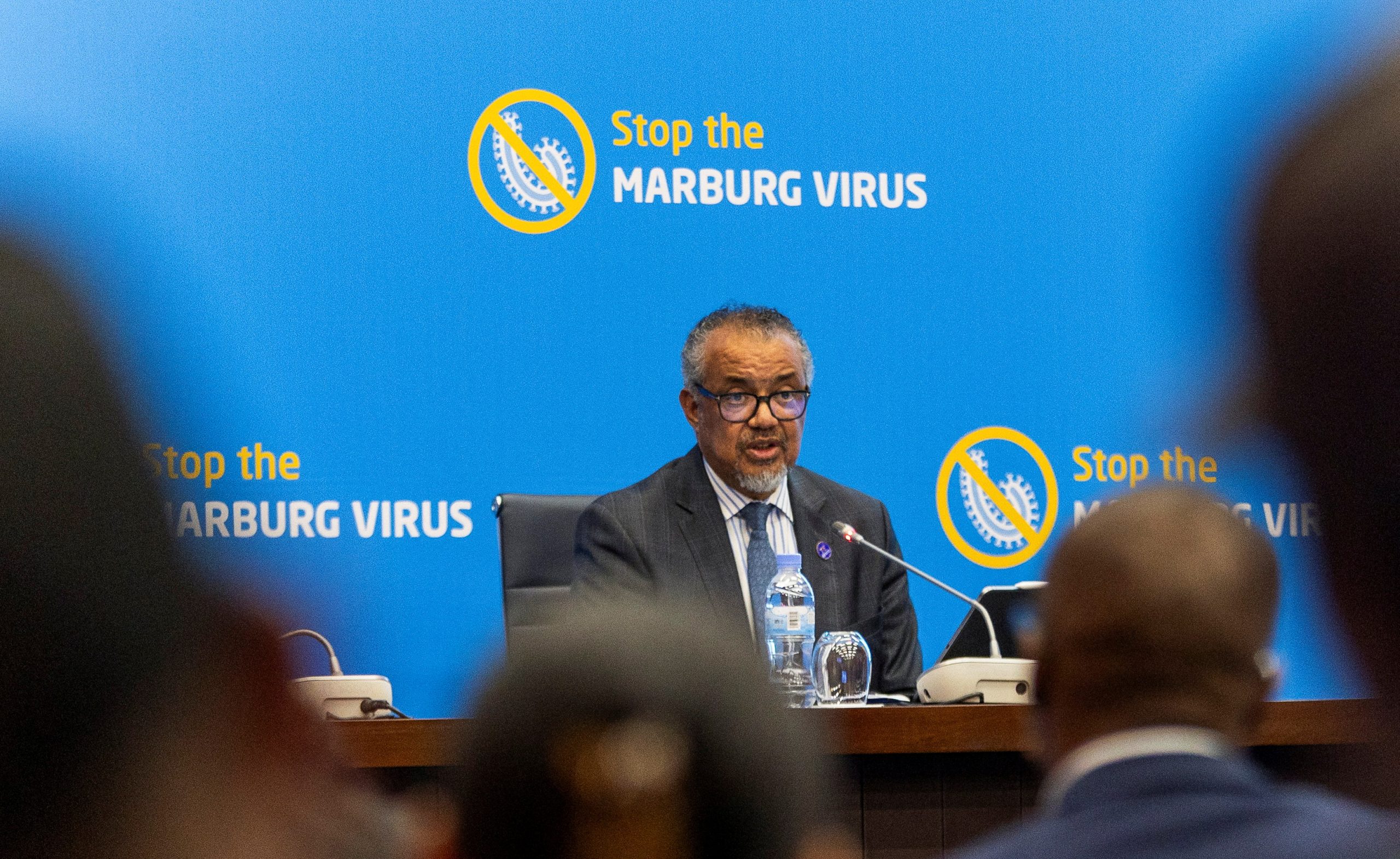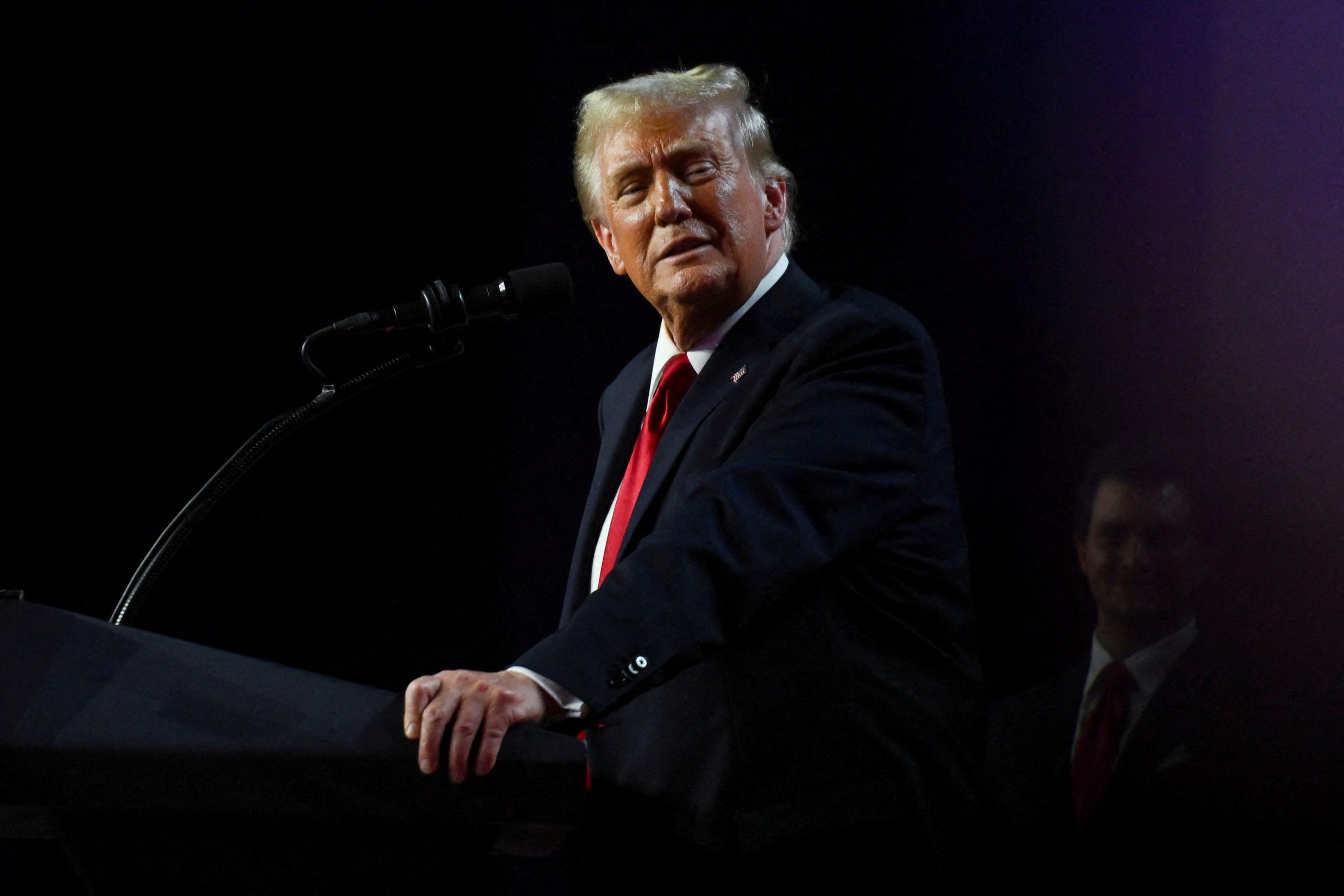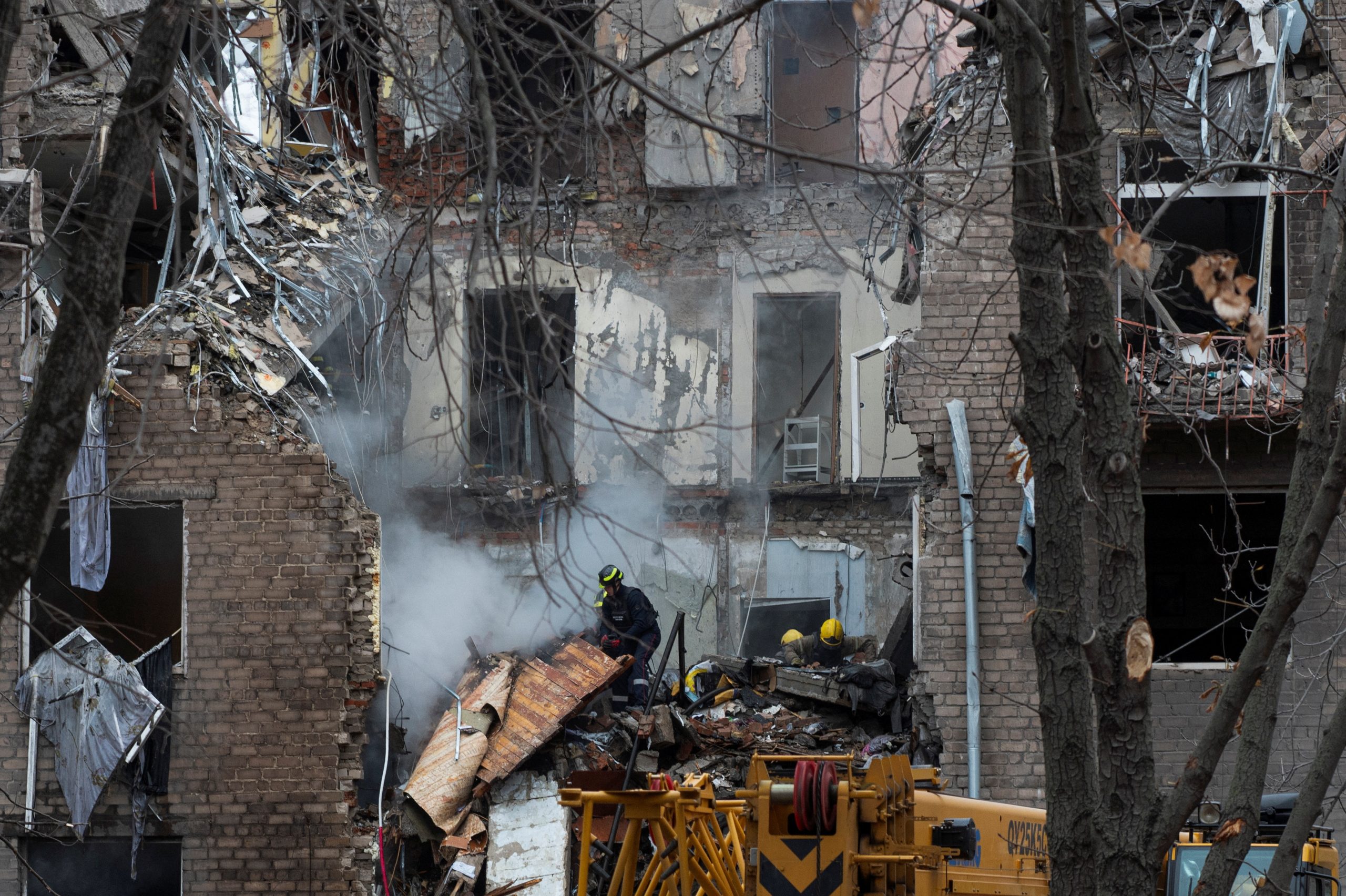In a bold and unexpected twist, North Korean forces have reportedly landed in Ukraine, throwing both Western and Asian analysts into a frenzy. The unconfirmed reports signal a significant escalation and raise questions about North Korea’s unpredictable alliance politics, as well as China’s often-ambiguous stance in global conflicts. As the West digs deeper into the implications of Pyongyang’s apparent gambit, this could challenge Beijing’s influence and reshape alignments in a war that has drawn in countries from around the globe.
Recent intelligence suggests that North Korea may have deployed a limited number of specialized units to support Russia’s war effort in Ukraine, primarily in logistics and construction roles. While North Korean workers have long been involved abroad in less controversial settings, their appearance in a highly polarized conflict zone has sent shockwaves through diplomatic circles. China, North Korea’s primary ally and economic lifeline, now faces a dilemma: continue its cautious approach or face pressure to intervene diplomatically to curb Pyongyang’s involvement in what’s seen as an increasingly global standoff.
A New Battlefield for Old Alliances
For Beijing, North Korea’s decision to send troops into Ukraine could test the limits of its influence. China has historically provided North Korea with economic and military support, partly as a counterweight to U.S. influence in East Asia. However, direct intervention in Ukraine complicates this arrangement. “North Korea’s troop presence in Ukraine puts China in an impossible situation,” said a senior analyst with the Center for Strategic and International Studies. “On one hand, it doesn’t want to alienate a key buffer state; on the other, it’s wary of seeming complicit in actions that could invite U.S. and European sanctions.”
The situation forces Beijing to either exert direct pressure on Pyongyang or risk further entangling itself in the Ukraine conflict. In recent months, China has walked a fine line, avoiding direct involvement while hinting at support for Russia. Now, however, North Korea’s moves could shift China’s calculation, especially as Beijing’s credibility in managing its regional allies is put to the test.
North Korea’s Risky Gamble
For North Korea, the decision to send troops could be part of a larger strategy to gain influence and resources amid crippling sanctions. By siding with Russia in a meaningful way, Pyongyang may be eyeing long-term benefits like future energy supplies or access to resources. Yet the risks are high: North Korean troops in Ukraine could expose Pyongyang to further economic isolation if Western powers choose to intensify sanctions.
South Korea, the United States, and Japan are all monitoring the situation closely, with the possibility of regional tensions flaring up if North Korean troops escalate their role in Ukraine. The U.S. has already taken a hard line on both Russia and North Korea, and Pyongyang’s involvement in Ukraine could further complicate diplomatic and military calculations for Washington and its allies in Asia.
Global Implications: A New Proxy Conflict?
The conflict in Ukraine has already become a proxy war, drawing in support for each side from a range of countries around the world. North Korea’s involvement could open a new chapter in this global chess match. If confirmed, the move might embolden other nations considering intervention in Ukraine or provoke more significant backlash from NATO.
Pyongyang’s bold maneuver might ultimately be about more than just aiding Moscow; it could signal a new phase of international proxy conflicts, where smaller states align with larger powers to gain leverage on the world stage. This marks an unsettling evolution, one that may have wider consequences in conflicts well beyond Ukraine’s borders.
Sources for this article include: The Center for Strategic and International Studies, The Korean Institute for National Unification.
















